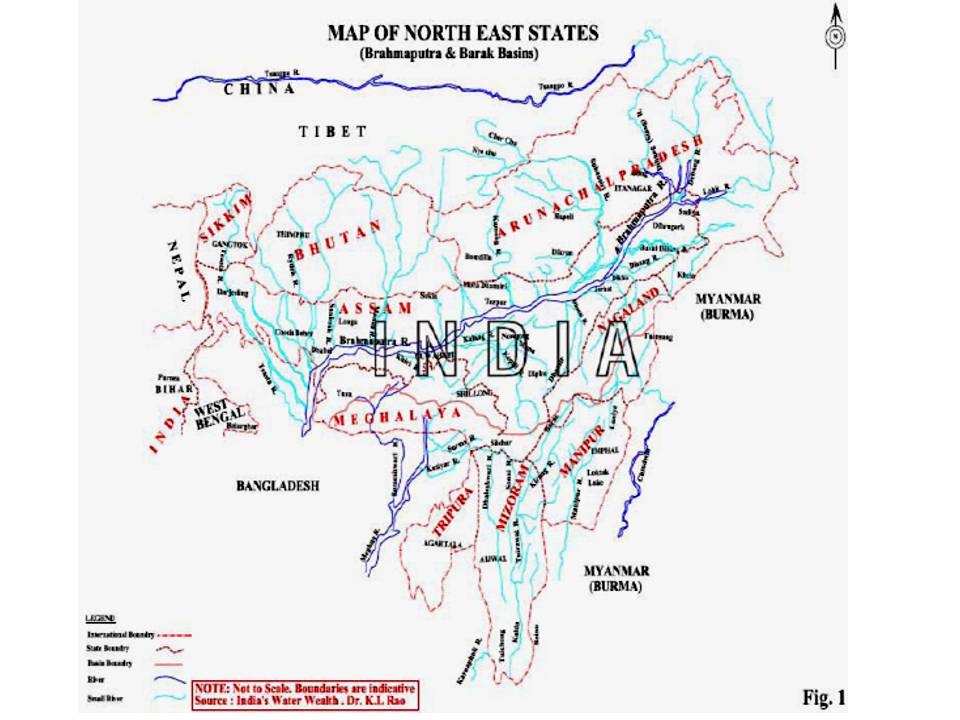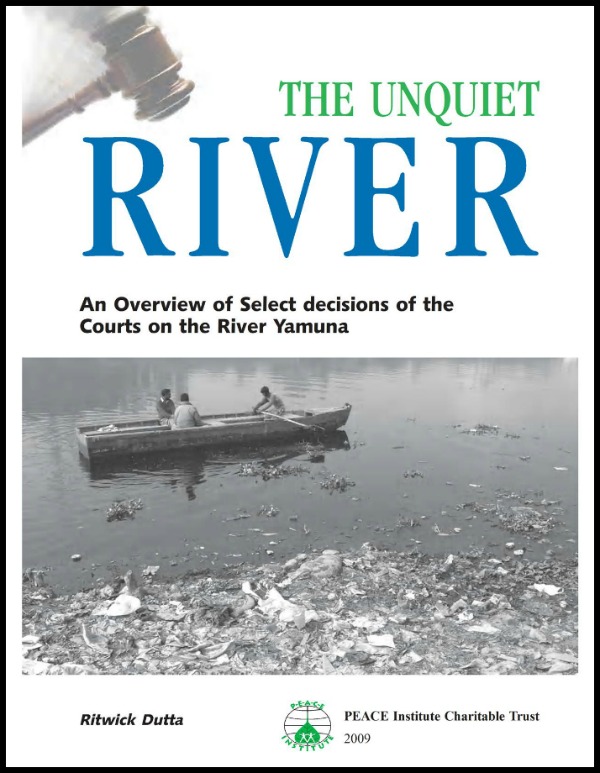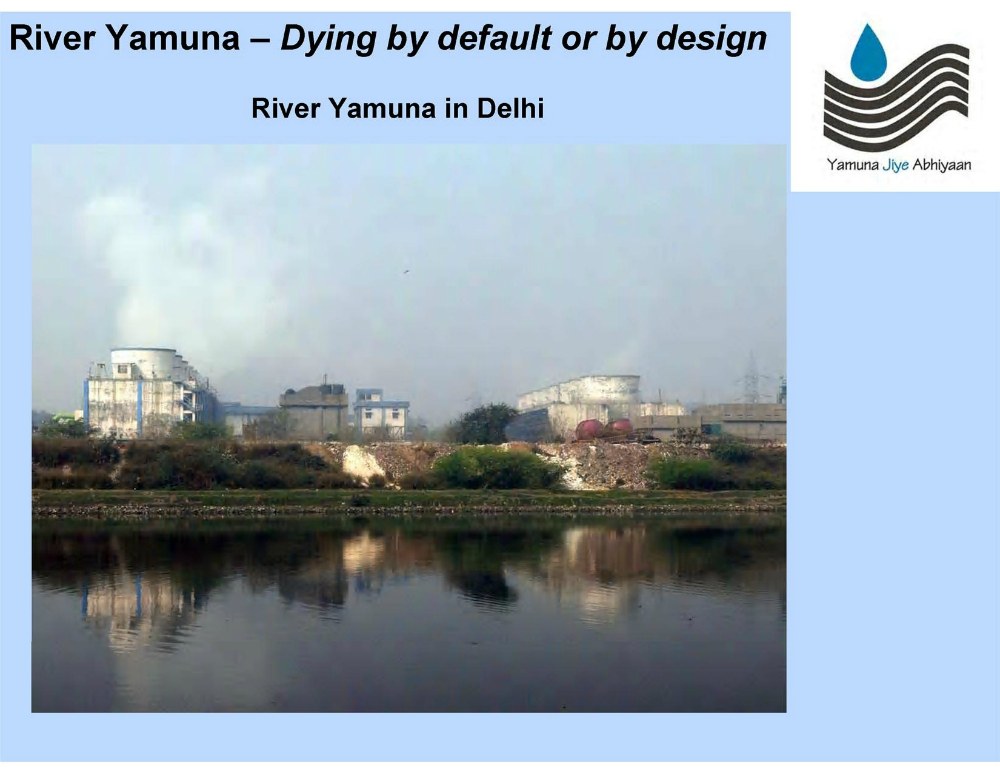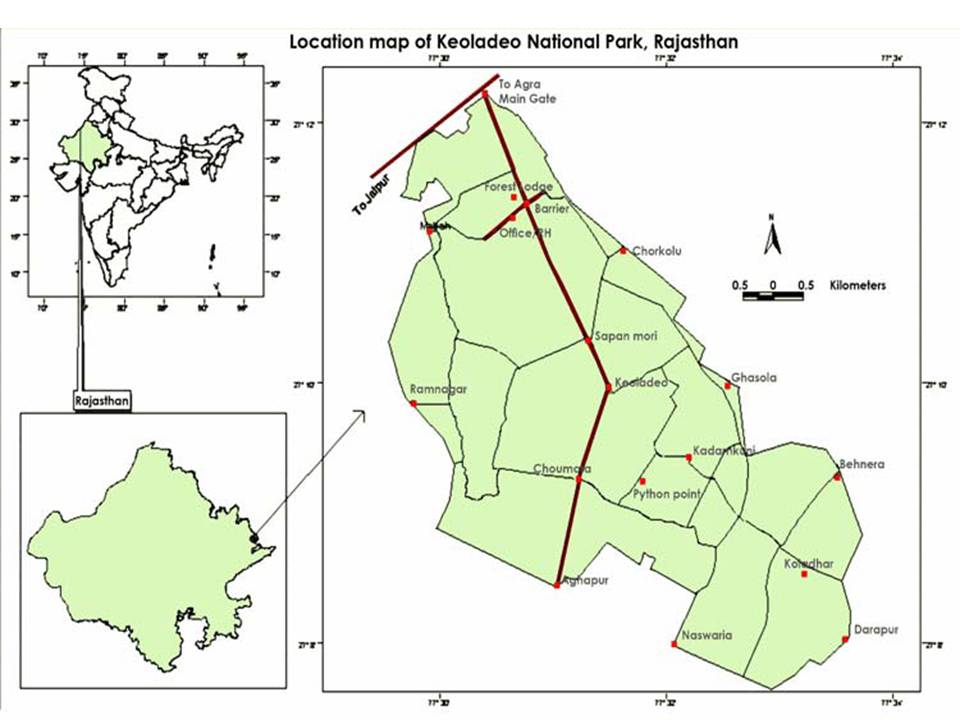/regions/physiography
Physiography
Groundwater hydrology and groundwater quality in and around Bangalore city - Department of Mines and Geology (2011)
Posted on 19 Jan, 2012 11:04 AMEarlier studies carried out by the Department of Mines and Geology during 1994, 1995 and 2003 on the groundwater quality of Bangalore Metropolis had found that the groundwater pollution in the city has mainly been due to sewage disposal and recommendations have been made to prevent pollution from sewage and industrial wastes.
Bangledesh's perspectives on Tipaimukh dam
Posted on 18 Jan, 2012 11:33 PMThe Indian government and two other Indian authorities have signed an agreement on October 22, 2011 regarding construction of the Tipaimukh Dam.
Dynamic groundwater resources of Karnataka (2009)
Posted on 16 Jan, 2012 11:05 PMIt also presents the status of utilisation of groundwater in Karnataka as on March 2009, both on watershed (sub catchment) and taluk wise areas having 2008-2009 as the base year. The methodology is improved as the estimations are carried out on watershed basis for both command and non command separately than apportioned to taluks.
Community managed sanitation in Kerala - Tools to promote governance and improve health - A Report by the World Bank Institute
Posted on 16 Jan, 2012 01:14 PMIt also deals with the efforts made by the Government of India to revolutionise sanitation services in the state of Kerala, with the aim of improving public health. Earlier experience had shown that significant governance problems had hindered water and sanitation reforms in local and national programmes in the state.
Hydropower in the Northeast: Potential and harnessing analysis - A critique
Posted on 15 Jan, 2012 11:41 PMThe main objectives of the hydropower study are as follows:
- An analysis of the hydropower potential in the Northeast and key elements of the strategy that should be followed for optimal realization of this potential
- An overview of the hydropower development options in the Northeast with regard to the water resources in the different river basins, including consideration of flood control and irrigation

Map of the north-east states
The unquiet river: An overview of select decisions of the courts on the river Yamuna
Posted on 14 Jan, 2012 06:40 PMThe river has attained the distinction of being perhaps the river attracting the most judicial attention in india, after the Ganga. This report analyses the various laws and judicial decisions pertaining to the Yamuna and their effects on the river.
River Yamuna - Dying by default or by design: A public lecture on river Yamuna
Posted on 14 Jan, 2012 05:24 PMIt aims to inform, enlighten and suggest solutions to bring back the river Yamuna to a healthy and resilient state.

Wetlands for water quality management – The science and technology: A paper from Current Issues in Water Management
Posted on 10 Jan, 2012 10:24 PMThe introduction begins witha brief overview of wetlands: their nature and services offered. These wetlands are ecosystems with water that is static or flowing and characerized by emergent , floating and submerged aquatic vegetation. Some of the services provided by wetlands are fish and fiber, water supply, water purification, flood regulation, recreational opportunities and tourism. It then details the importance of wetlands for water purification.Toxins enter the wetlands through farms, factories and runoff. These toxins are broken down or otherwise buried using a variety of bacteria.

Location map of Keoladeo National Park
Changing currents: Plumbing the rights: A film highlighting water as a common good
Posted on 10 Jan, 2012 08:55 PMSource: Culture Unplugged
Democratisation of water management - The experience of Tamil Nadu with governance reforms
Posted on 09 Jan, 2012 12:18 PMNor is the introduction of the private sector and the reduction in the role of the government going to help. Rather, the time has come to introduce changes at the basic or the fundamental level in the way in which the water sector functions.
There is an urgent need to bring about reforms in governance by moving towards decentralisation and democratisation, leading to involvement of people from all the sections of the society, who know and understand that they are responsible for the system and its functioning, as well as by introducing principles of equity and social justice. The papers demonstrate the successful implementation of this approach by describing the experience of Tamil Nadu at democratising water management through introduction of reforms at the level of governance, through involvement of the Tamil Nadu Water Supply and Drainage Board (TWAD).